Homeownership is both exciting and frightening. On the one hand, it allows you to start the next chapter of your life and build a financial foundation for the future. On the other hand, it can be costly. Getting ready to buy a home can be very stressful. People must take the time to learn about the process of home buying. This will make them more comfortable with the purchase and avoid unexpected expenses. You have to ask yourself many questions before you can start planning on the purchase, and these are some great places to start.
You Need Stable Income
One important thing to consider regarding buying a home is how secure your income is. A stable income can help you feel more secure about your financial situation. Before you start buying a home, you must know how secure your income is. In addition to your tax returns and pay stubs, lenders want to see the money you’ll use for a down payment. Make sure you get the necessary down payment assistance from friends and family before making a mortgage application.
Be Prepared to Handle Debt
People with a good credit history are more likely to be approved for a home loan. You can qualify for a lower interest rate with a good credit score. Regularly paying on time and using your credit wisely can help boost it. A score of 700 is considered a good score. However, a score of around 740 is required for the best rates. Unfortunately, it can be hard to get a mortgage for people with a low credit history. If you cannot get a mortgage, try establishing a good credit history with a low-limit credit card or a secured loan.
A debt-to-income ratio, a combination of your credit score and your gross monthly income, is also used by lenders to determine if you’re a good candidate for a loan. This is used to compare your total debts to your income. A debt-to-income ratio of around 28% is preferred by most lenders, while others may require a balance of as high as 50%. A high DTI can increase your interest rate and limit the amount of money you can borrow.
Set Aside Some Emergency Funds
An emergency fund can help you get by if you’re unable to work and can also help you deal with unexpected expenses. According to experts, you should have enough money in a savings account to last for three to six months. Additionally, consider the need for home repairs and maintenance. HomeAdvisor says homeowners typically spend around $3,192 on repairs and maintenance, while another $1,640 was spent on emergency repairs. A homeowner should set aside around 1% to 4% of their home’s value for repairs.
Save for a Downpayment
A big misconception about buying a home is that you need a 20% down payment. This is a modern-day fallacy. Many lenders will accept down payments of around 3%. Getting a down payment can be daunting, especially if you cannot afford to spend a tremendous amount of money. You should align your down payment with your goals once they’ve closed.
If you cannot put down a massive amount of money, you might have to pay private mortgage insurance (PMI). This type of insurance is typically added to your mortgage payment and can range from a low of 0.5% to 2% of the loan amount. If you can reach a 20% equity level, your lender should remove the PMI.
Putting as much possible down as possible can help you lower your interest rate over the life of your loan. For instance, if you have a good credit score and can qualify for a 3% interest rate, then putting 20% down on the home will cost you over $82,000 in interest over the 30-year term of the loan. On the other hand, if you only have 6% down, your total payments would be around $97,342.

